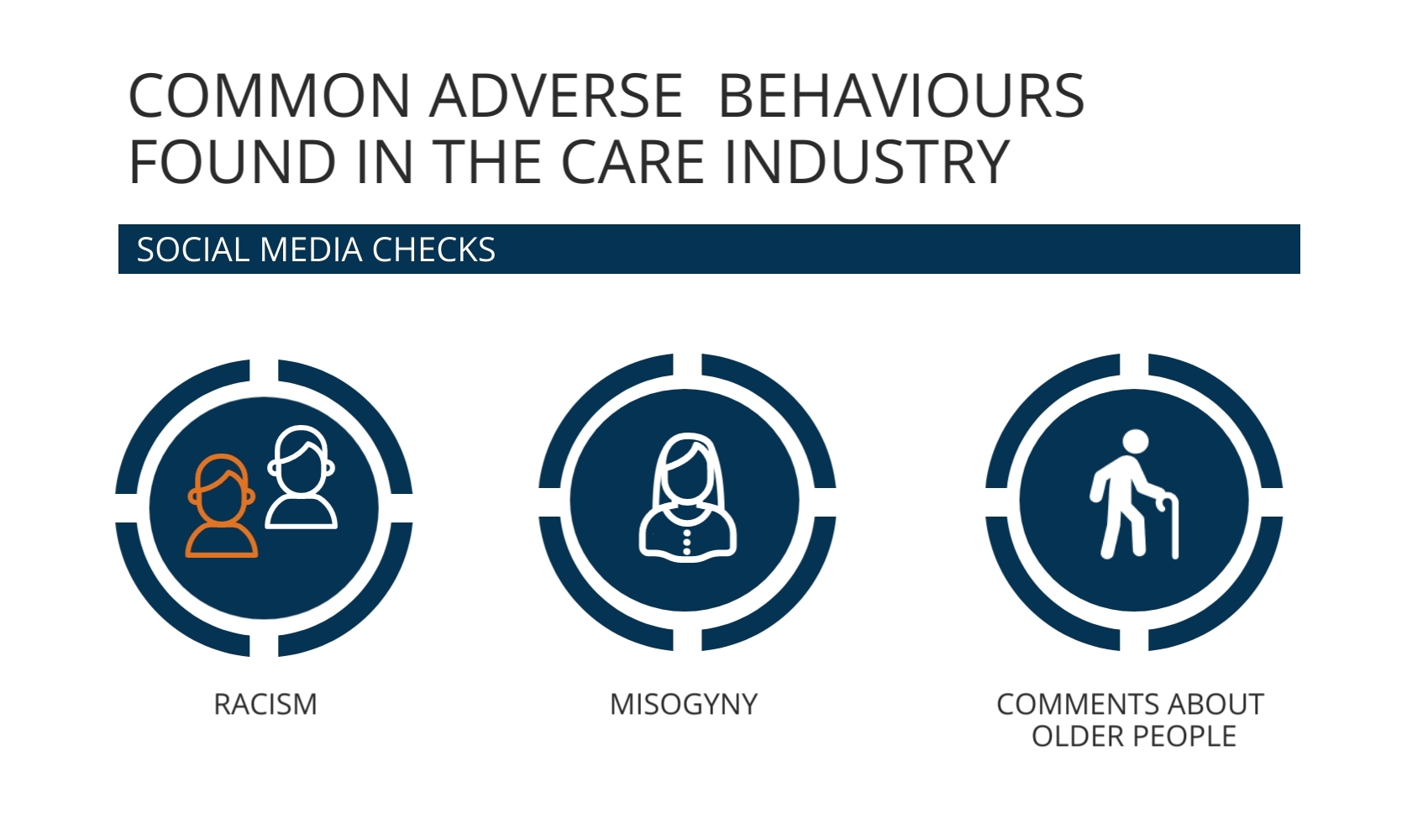Introduction
The CQC regulations say that “persons employed for the purposes of carrying on a regulated activity must [firstly] be of good character”. The guidance says that employers should make “every effort to gather all available information to confirm that the person is of good character” and the CQC expects that the processes followed should “take account of honesty, trust, reliability and respect”. This may seem like a tall order, but there is a way that organisations in the health and social care sectors can better address this requirement, and clearly demonstrate to the CQC that they have indeed made every effort.
Adult Social Care Workforce
Let’s look at some of the statistics. The government’s ‘Adult social care workforce survey’ published in December 2021 1 shows that the vast majority of employers are finding it increasingly difficult to recruit and retain staff. The staff themselves are struggling with requests for additional hours, feeling less energized and are thinking of leaving.
It’s also clear that rates of pay are a significant factor affecting the industry. Further research from Skills for care, the strategic workforce development and planning body for adult social care in England, and their workforce intelligence programme 2 shows that staff turnover is running at well over 30% per annum, absenteeism is increasing and that at any one time there are upwards of 100,000 vacancies across the care sector.
In summary then, the picture isn’t good. Finding staff at all isn’t easy and then you’re expected to make sure that they are of ‘good character’. We know that investing in holistic information about a potential recruit can have a positive impact on how they perform and how long they stay for, and this answers the CQC’s requirements.
Social Media Checks
The only realistically practical way that you can assess someone’s character, other than at interview (which we all know is a time people are on their best behaviour), is to carry out social media checks and assess how they portray themselves online. Often, people portray themselves online in a manner as if they were not being monitored (unlike their job) and this can be a great way to identify risk factors.

Our detailed research has clearly shown the link between online behaviour and behaviour in the workplace and organisations might be surprised, if not shocked, to know what people in health and social care feel is acceptable to post on social media. Posting using the hashtag #ihateoldpeople, r/venting on Reddit about old people, and engaging in Chat Rooms to promote or express traits of gerontophobia are all things any health and social care organisation would probably want to know about.
Satisfy the CQC requirements, reduce recruitment costs by hiring fewer unsuitable people, and lower the risk of reputational damage to your organisation – contact us to find out more about how SP Index can help eliminate negative traits from entering your organisation.
Gerontophobia can be treated with better education about the elderly and ageing as well as an increase in exposure and insight therapy. Unwillingness of an individual to accept these can manifest in feelings of hostility and discriminatory acts towards the elderly. SP Index supports positive attitudes towards the elderly and encourages the elimination of gerontophobia within and outside the workplace.
1 You can access the DHSC ‘Adult social care workforce survey: December 2021 report’ by clicking here
2 You can access the Skills for care’s ‘The state of the adult social care sector and workforce in England’ published in October 2021 here



